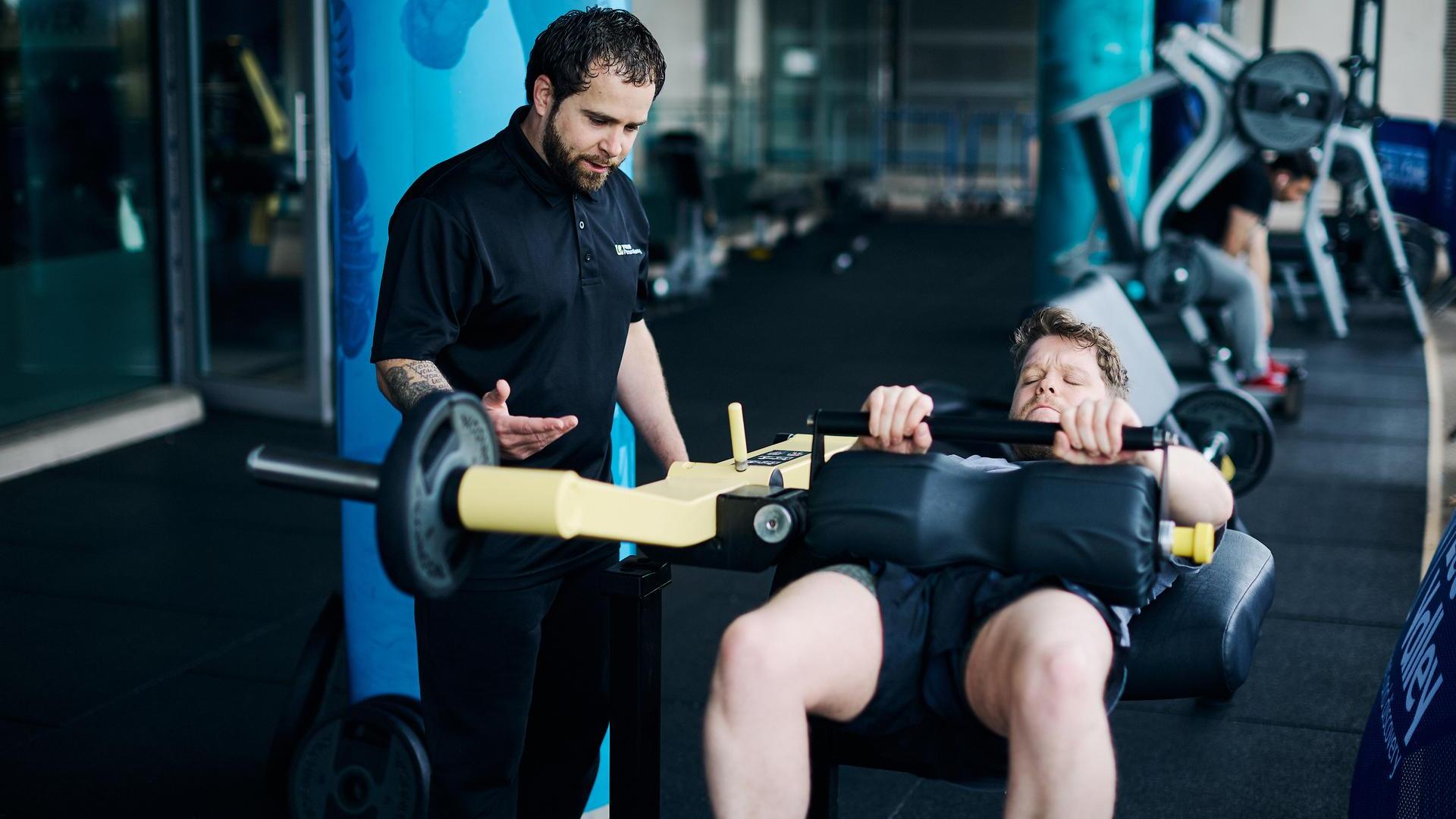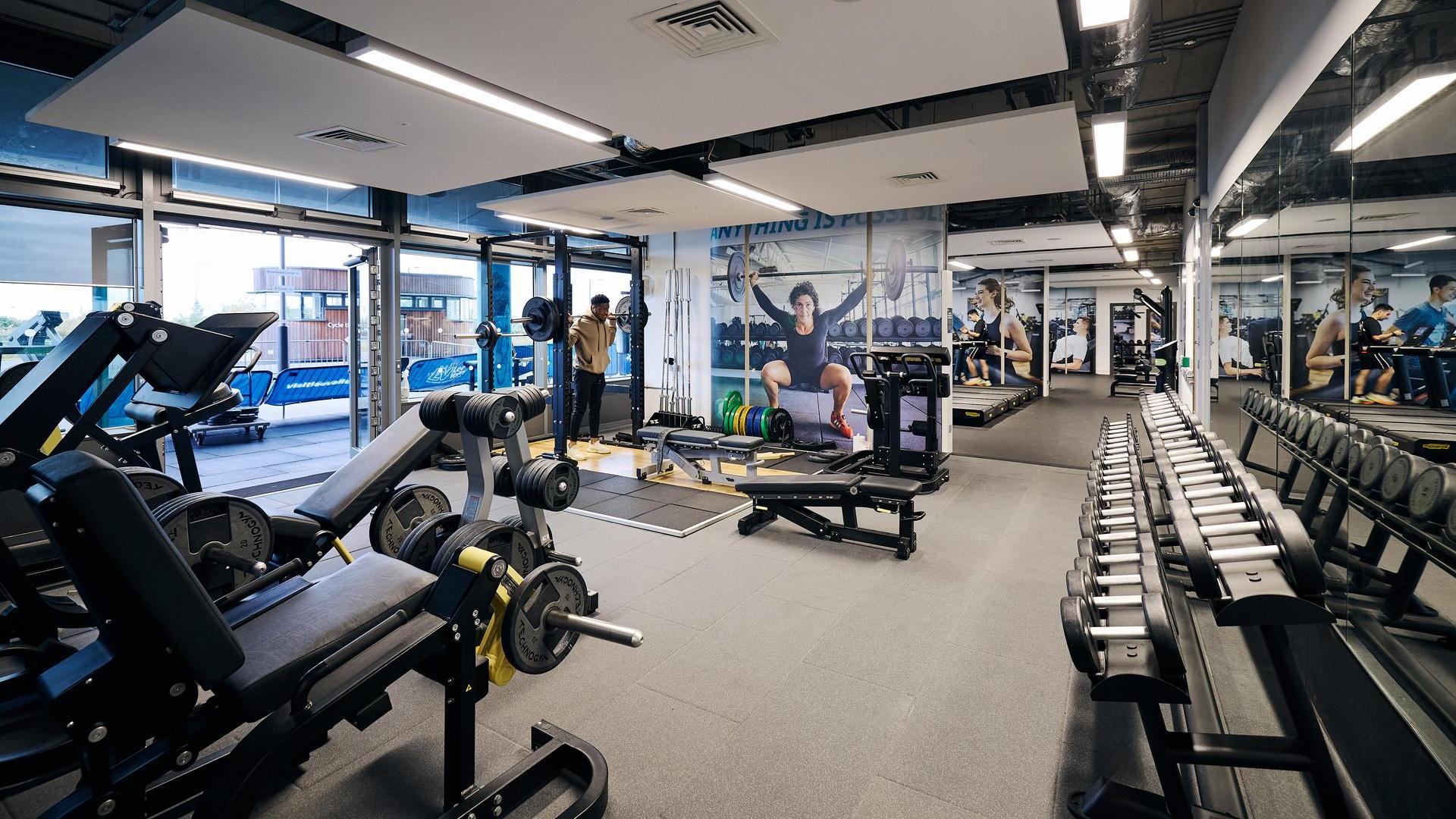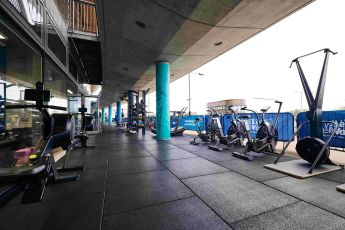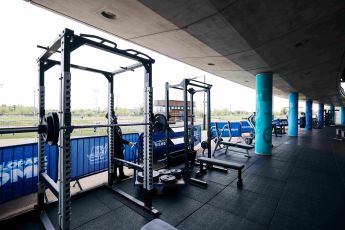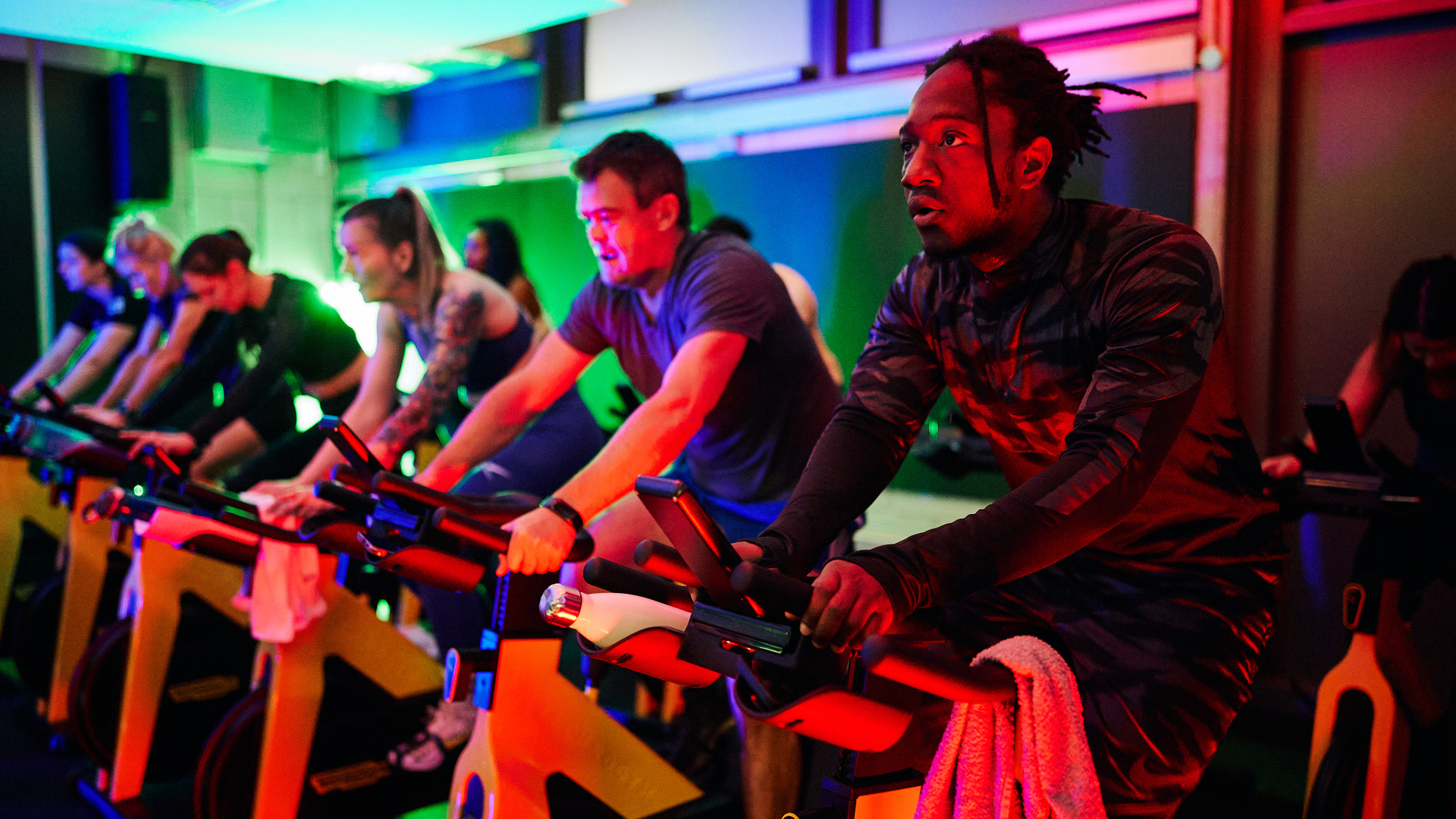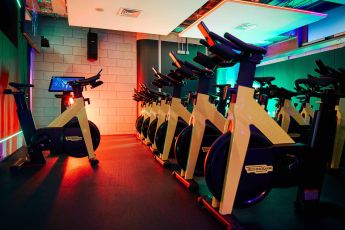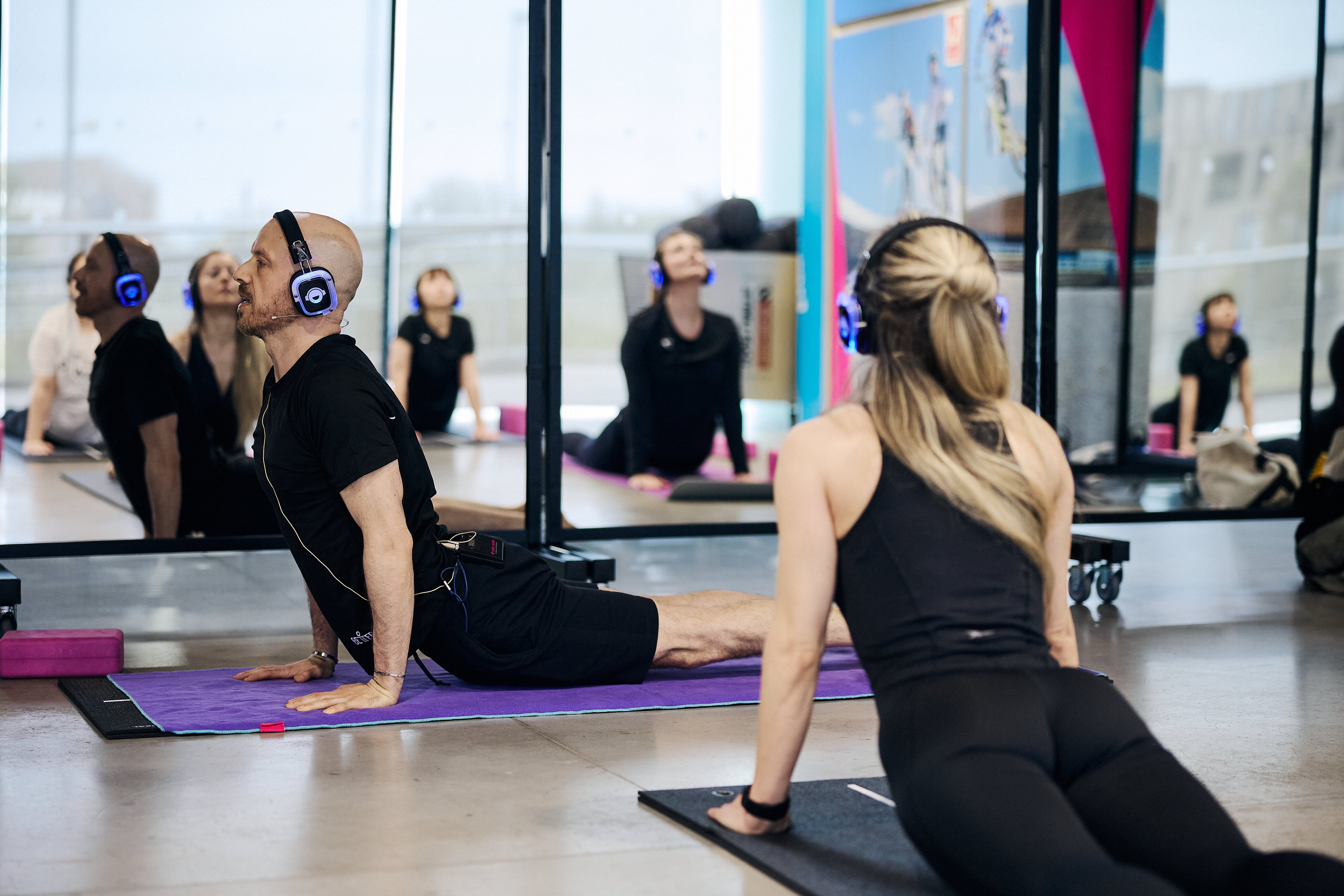At Lee Valley VeloPark's gym, everyone has a place to grow. In an iconic sporting location at Queen Elizabeth Olympic Park in Stratford (East London), you’ll play to discover what moves you, learn with the support of expert guidance, and compete at your own pace alongside a welcoming, like minded community. Whether you’re starting out or stepping up, this is where we Move Better together.
Your training ground for greatness
Our Lee Valley VeloPark Gym is more than a gym, it’s a legacy in motion. With functional zones, high performance equipment and expert coaches who know how to get the best out of you, this iconic location is your space to play, learn and compete - at every level.
We can even offer you a personalised fitness programme tailored to your specific training goals, as well as refocus sessions where you can review your training with a highly qualified and experienced instructor.

